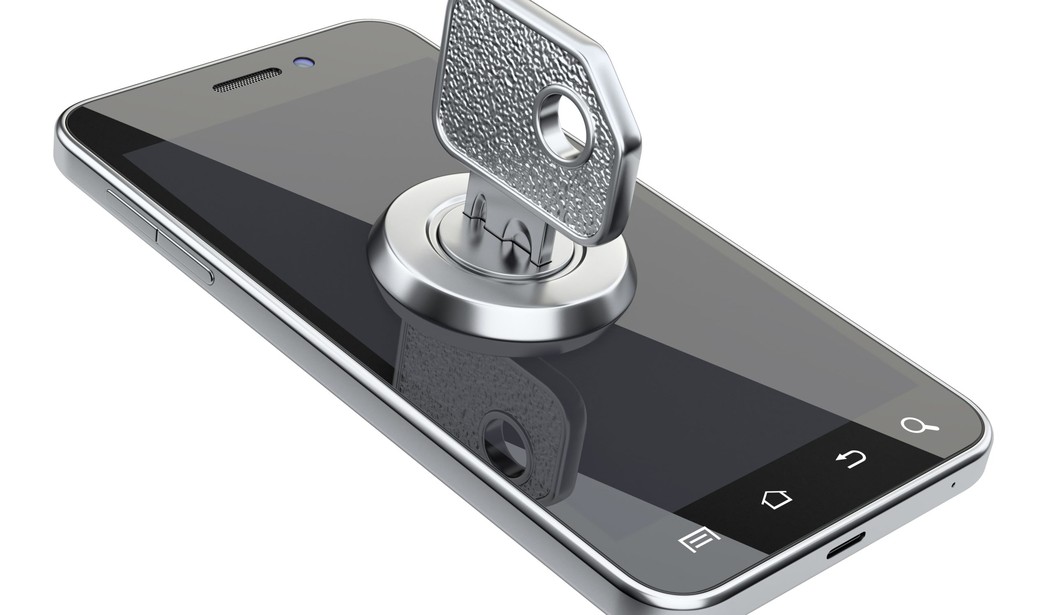A Florida court has ruled that a man suspected of voyeurism using his iPhone must turn over his 4-digit passcode to police.
Even with a warrant, they couldn’t access the phone without the combination. A trial judge denied the state’s motion to force the man to give up the code, considering it equal to compelling him to testify against himself, which would violate the Fifth Amendment. But the Florida Court of Appeals’ Second District reversed that decision today, deciding that the passcode is not related to criminal photos or videos that may or may not exist on his iPhone.
That’s clever. Because the passcode is itself not “evidence” against the suspect, he isn’t really being compelled to incriminate himself. But the passcode is not a physical object; rather, it’s knowledge located in the suspect’s mind. The Florida court just ruled the police can have control over the things in your mind. A scary precedent.
Previously, courts have ruled that suspects must “give up” their fingerprints to unlock a phone, but not the combination or code. The difference between the two lies in a distinction between physical evidence (like a fingerprint) and knowledge (like a phone code or password). “This interpretation sources back to the Supreme Court’s 1988 Doe v. U.S. decision, in which it ruled that a person may be compelled to give up a key to a strongbox, say, but not a combination to a wall safe,” explains Endgaget.
So how is a passcode any different?
The three-judge Appeals Court panel in Florida disagreed with this distinction. They also found the comparison out of step with the current state of technology, such that providing the passcode would not be as similarly self-incriminating as directly giving the authorities evidential documents.
Judge Anthony Black wrote in the court’s decision:
Moreover, although the passcode would allow the State access to the phone, and therefore to a source of potential evidence, the State has a warrant to search the phone—the source of evidence had already been uncovered. … Providing the passcode does not “betray any knowledge [Stahl] may have about the circumstances of the offenses” for which he is charged.
If one shouldn’t be compelled to give up the combination to wall safe, why should one be compelled to give up the combination to a cell phone?
“A defendant can be compelled to produce material evidence that is incriminating,” Justice Stevens said in the 1988 Doe decision. “But can he be compelled to use his mind to assist the prosecution in convicting him of a crime? I think not. He may in some cases be forced to surrender a key to a strongbox containing incriminating documents, but I do not believe he can be compelled to reveal the combination to his wall safe—by word or deed.”
But Judge Black disagrees because technological advances require broader government authority over citizens.
“We question whether identifying the key which will open the strongbox–such that the key is surrendered–is, in fact, distinct from telling an officer the combination,” Black said. “More importantly, we question the continuing viability of any distinction as technology advances.”
Should we expand the government’s authority over citizens because of technological advances? I don’t think so.
Expect this to go to the Supreme Court.








Join the conversation as a VIP Member